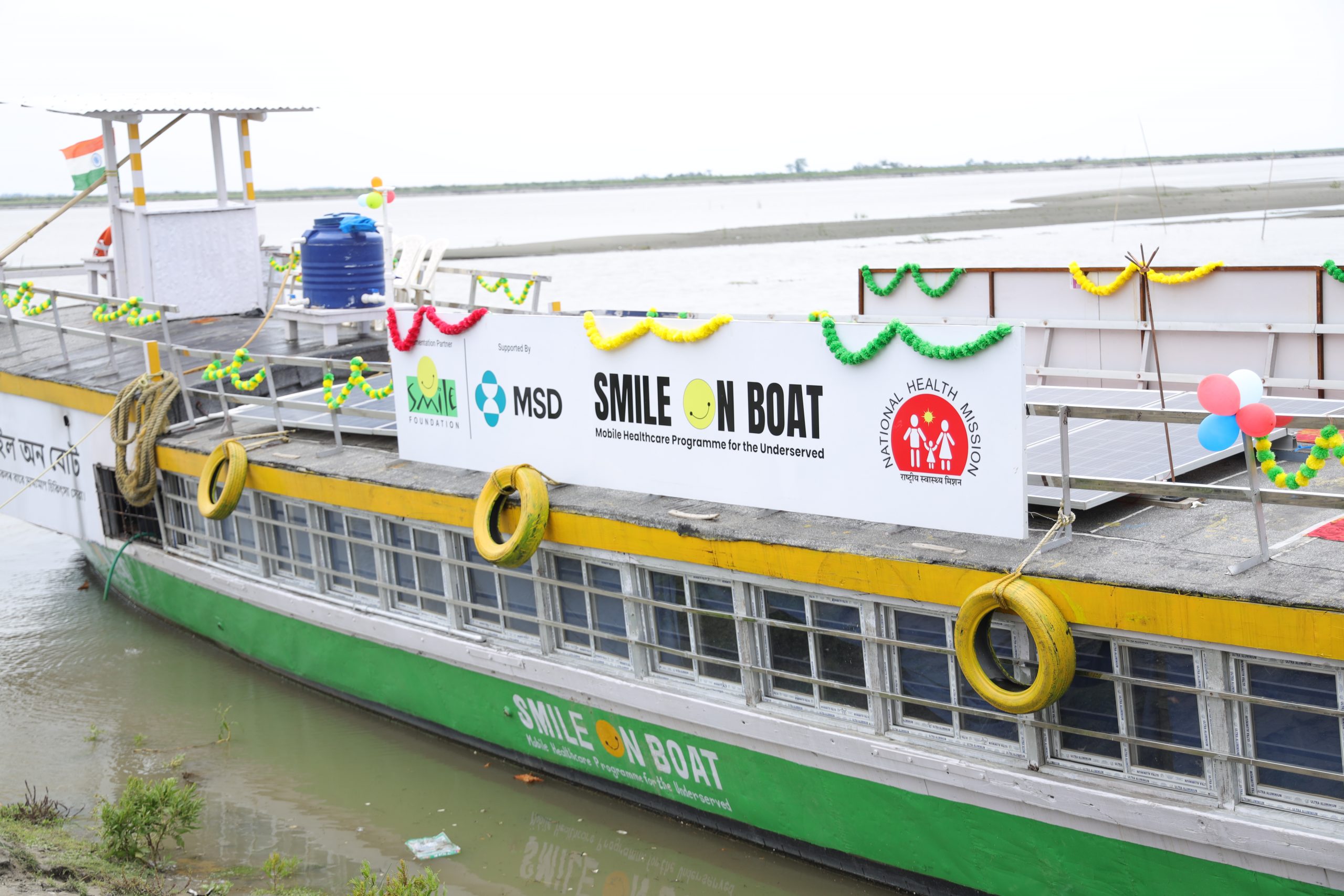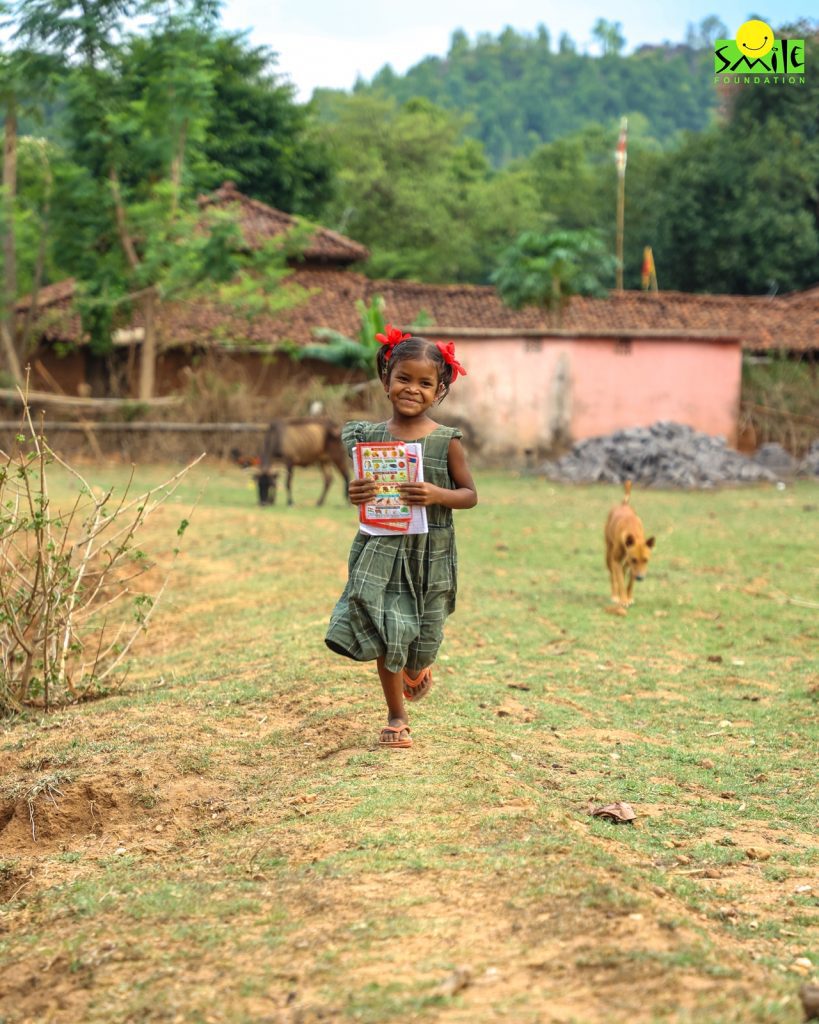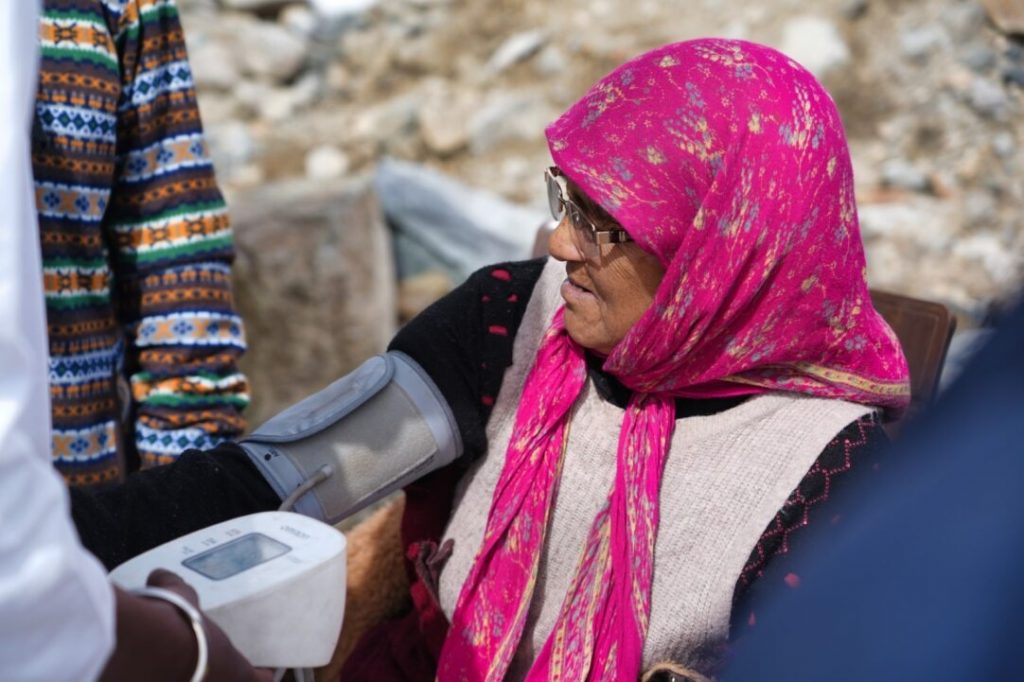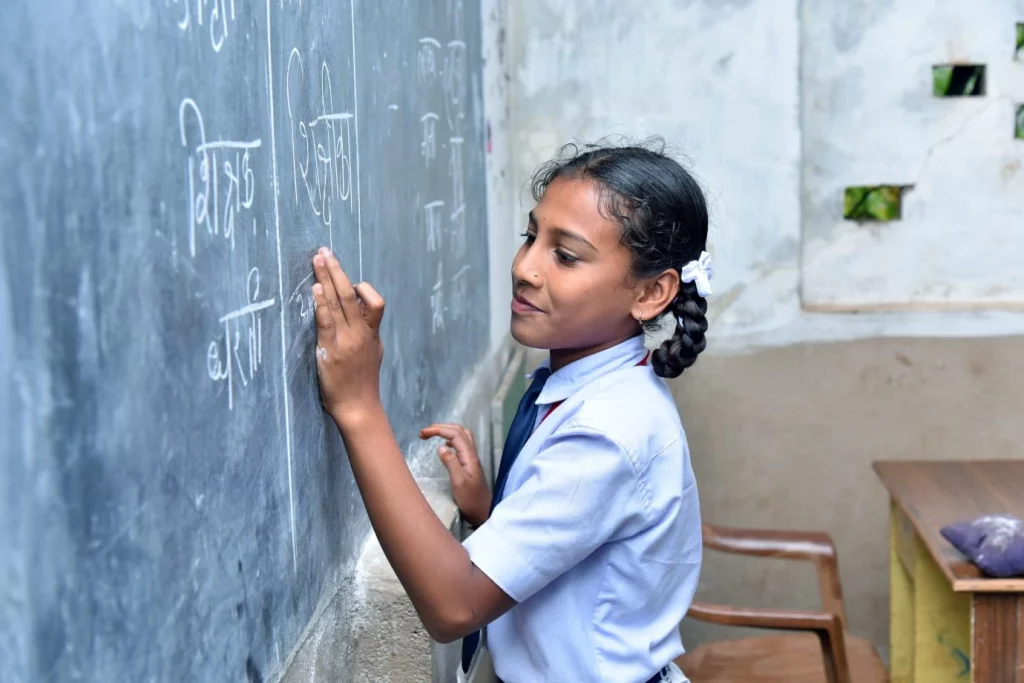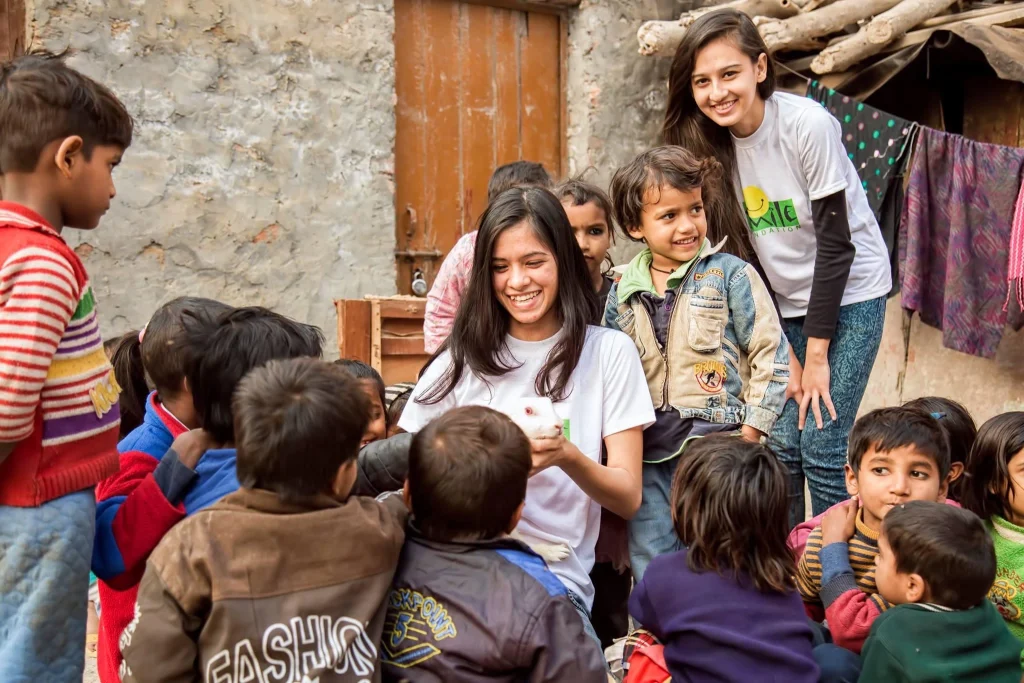In the riverine zones of Assam, where floods reshape the landscape quite regularly and roads are often swallowed by rising waters, healthcare access remains a significant challenge. This region, marked by isolation and infrastructure constraints, is home to thousands who live on the fringes of the healthcare system. But a new initiative, a partnership between MSD Pharmaceuticals Pvt Ltd and the Smile Foundation, is making waves in these remote areas, quite literally.
Through this CSR-backed initiative, MSD has introduced two Mobile Medical Units (MMUs) and a boat clinic that now serve 12 districts and 12 island clusters across Assam through our Health Cannot Wait initiative. Among the districts served are Darrang, Barpeta, and South Salmara—areas with difficult terrain, unpredictable floods, and a population often cut off from the nearest hospital. The aim is to deliver healthcare to over 25,000 people in the first phase, directly bringing services to the doorsteps of those who need it the most.
Navigating key challenges
Assam’s riverine areas, vulnerable to the seasonal floods of the Brahmaputra, face some of the most significant challenges in healthcare delivery in the country. Traditional healthcare infrastructure, including primary health centres, is often underfunded or rendered inaccessible during the monsoon season in many areas that are situated near a river. Roads are submerged by floodwaters, and many river islands remain isolated for extended periods, further complicating access to essential medical services. Thus there is no doubt that delivering healthcare in riverine zones is fraught with myriad challenges.
Along with geographical isolation, a shortage of trained healthcare professionals exacerbates the issue, as doctors are reluctant to work in remote regions with poor living conditions and limited amenities. Communication barriers, including low literacy, multiple dialects, and limited mobile coverage, hinder health education and awareness efforts. Additionally, these areas also face a high disease burden, with frequent outbreaks of waterborne diseases, malaria, dengue, and poor maternal and child health due to inadequate sanitation and nutrition.
Therefore, in such regions, the boat clinic model, as discussed above, is a game-changer. These clinics are not stationary—they are mobile and capable of reaching communities that are otherwise disconnected from the formal healthcare system. Equipped with diagnostic tools, medications, and staffed by a doctor, nurse, counsellor, and driver, the boat clinic provides essential services including consultations, immunisations, maternal care, and basic treatments. What makes this model particularly effective is its community-based staffing, ensuring the staff not only speaks the local dialects but also understands the region’s cultural nuances and health concerns. This personalised approach fosters trust and enhances outreach. Additionally, the mobile medical units further complement the boat clinics by reaching areas where the river cannot, ensuring that every remote village has access to medical services.
Corporate responsibility meets public health
MSD Pharmaceuticals partnership with Smile Foundation marks a shift in how corporate social responsibility can be aligned with long-term, sustainable healthcare solutions in India’s most underdeveloped regions. Rather than simply donating funds or products, this collaboration aims to build rural health infrastructure—a much-needed resource in India’s under-served districts. The project aligns with NITI Aayog’s Aspirational Districts Programme, which focuses on uplifting areas that lag behind in health, education, and basic infrastructure. By positioning healthcare as essential infrastructure and supporting it through CSR initiatives, this case demonstrates how businesses can significantly contribute to public health, particularly in geographically and politically complex regions like Northeast India, where traditional healthcare systems face significant challenges.
This approach further underscores the potential for public-private partnerships to reshape healthcare delivery in rural India. Instead of relying solely on conventional healthcare infrastructure, businesses are leveraging mobile solutions and localised staffing to provide immediate, impactful care to those who need it the most. By targeting regions with limited or no access to healthcare, these initiatives go beyond just fulfilling CSR obligations; they actively contribute to advancing health equity.
Myriad ways out
Just like Assam, the remote riverine zones of the Mahanadi River Delta in Odisha face significant challenges in accessing healthcare, as communities are scattered across islands and difficult-to-reach shores. In response to these challenges, the eSanjeevani project—a National Telemedicine Service—has been implemented to bridge this healthcare gap. Telemedicine has emerged as a promising solution to address the healthcare needs of these remote, rural regions, where access to specialist consultations and medical services is often limited.
Leveraging satellite and internet connectivity, telemedicine brings specialist medical advice and diagnosis to even the most isolated villages. Through this technology, patients can connect remotely with doctors in urban hospitals, facilitating consultations, follow-up treatments, and remote monitoring of chronic conditions—all without the need for long and difficult travel. In practice, local health workers use video consultations to connect patients to specialists in urban centers, providing diagnoses, medical advice, and prescriptions remotely. For many residents, this service has become a lifeline.
In addition to telemedicine, community health workers, particularly Accredited Social Health Activists (ASHAs), can also play a crucial role in these riverine zones. ASHAs, female grassroot community workers, are often the only link between underserved populations and formal healthcare systems. They build a sense of trust within the communities, making them uniquely positioned to promote health and well-being.
Additionally, they are also trained to carry out a wide range of essential tasks—such as conducting health surveys, promoting hygiene, and guiding maternal care. They ensure that critical healthcare information and services reach the most remote areas, further extending access to the marginalised and improving public health outcomes at the grassroots level.

